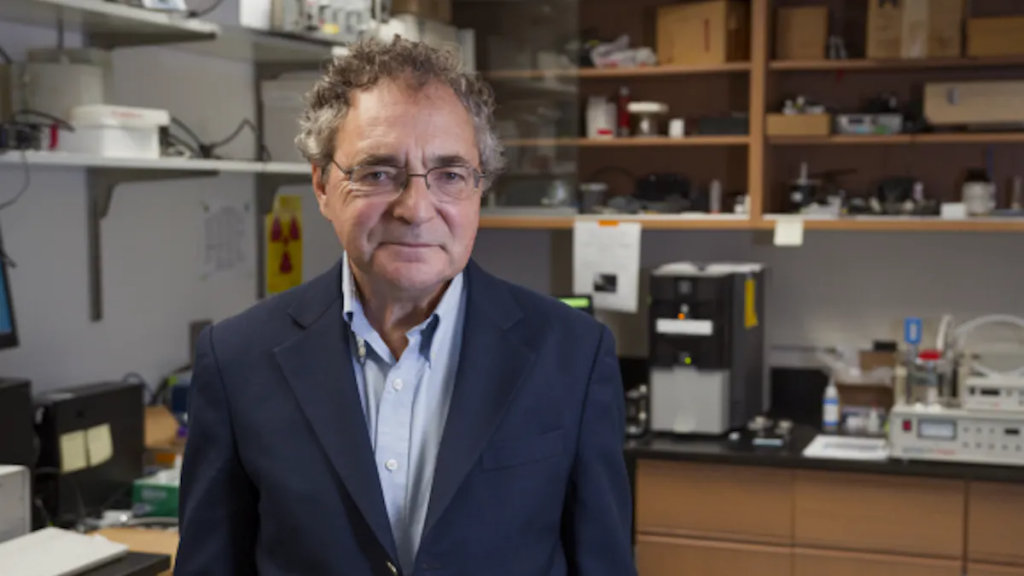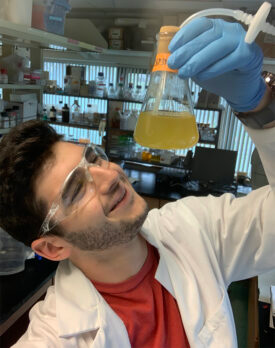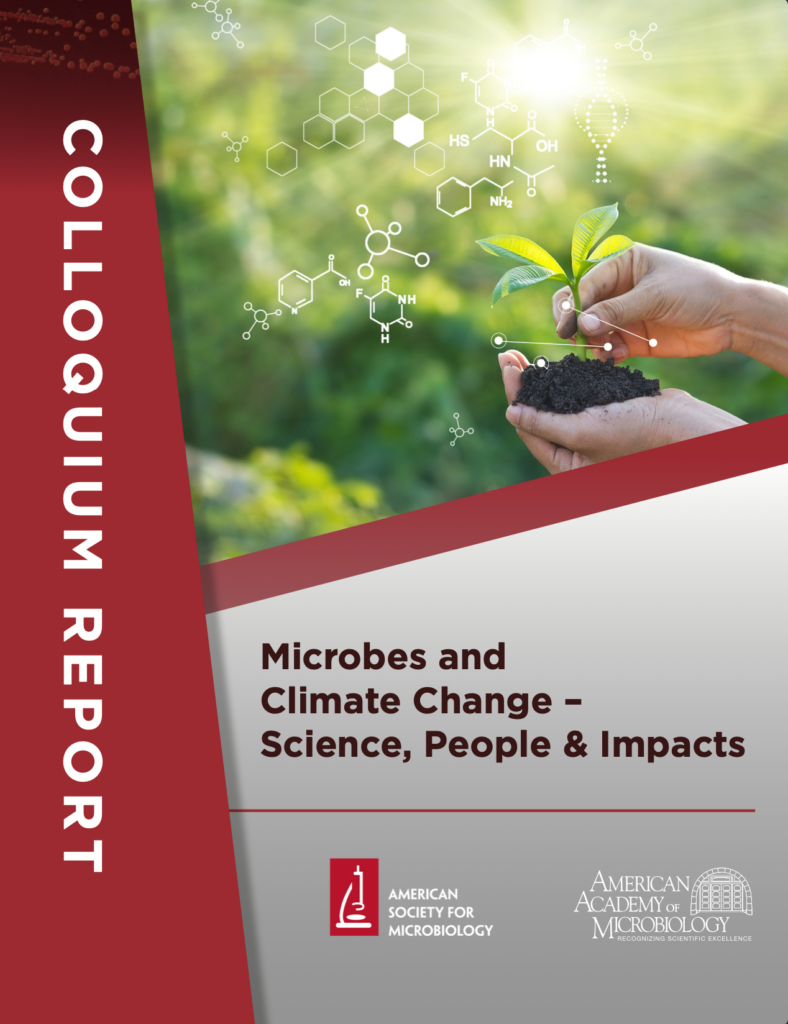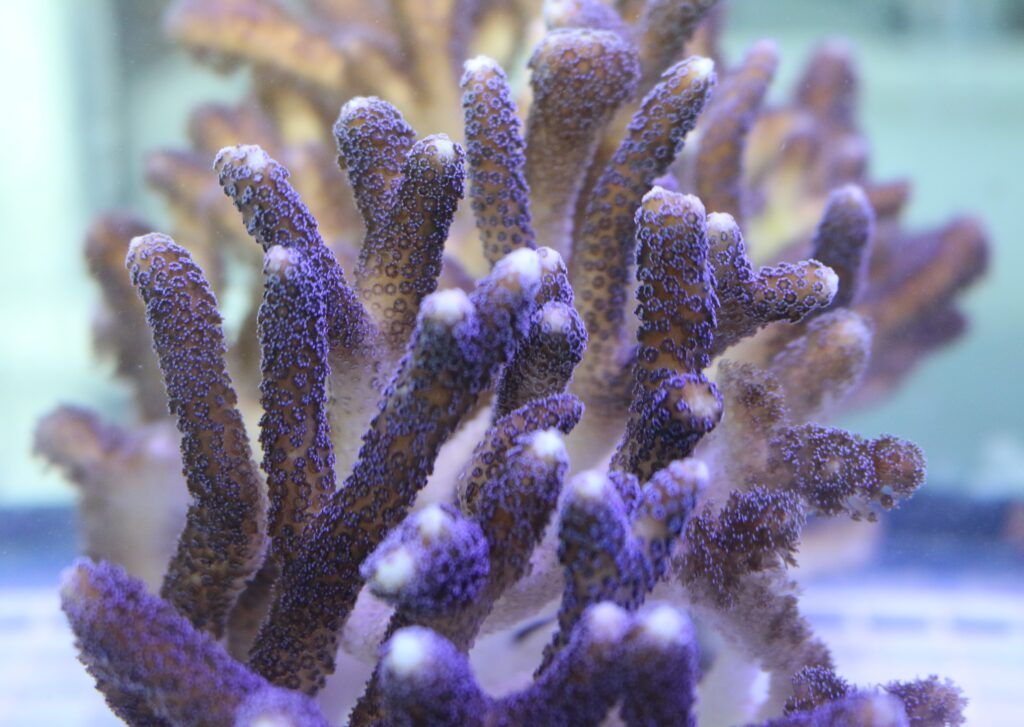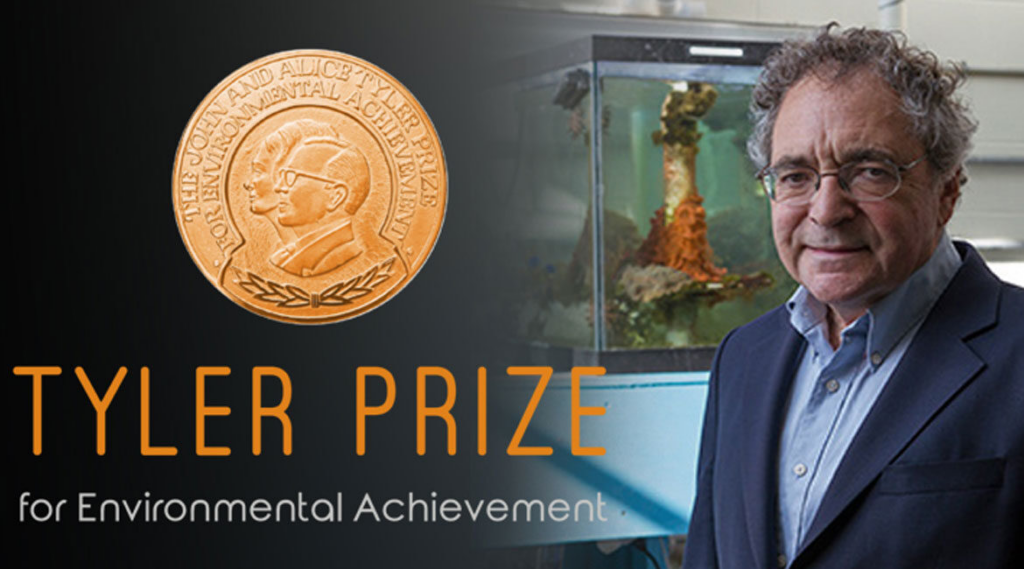U. professor proposes solutions to triple planetary crisis in ‘Plankton Manifesto’
Paul Falkowski, a distinguished professor in the Departments of Marine and Coastal Sciences and Earth and Planetary Sciences, was among the members of the core editorial team who contributed to the compilation of the “Plankton Manifesto,” according to a University article.
The manifesto was spearheaded by the Ocean Stewardship Coalition of the United Nations Global Compact, and while the project took approximately a year to put together, it was presented to the United Nations in October, said Falkowski.
The 20-page long document details the importance of plankton and offers solutions to combat crises related to the climate, biodiversity and pollution, known as the triple planetary crisis.
“Much less than 1 percent of the photosynthetic biomass on the planet is phytoplankton, and they produce 46 percent, approximately, of the world’s oxygen. So, the small guys are doing a big job,” he said. “Every other breath you take is coming from phytoplankton.”
Read the complete article at The Daily Targum.

Paul Falkowski Among International Academic Leaders to Unveil Plankton Manifesto to UN General Assembly
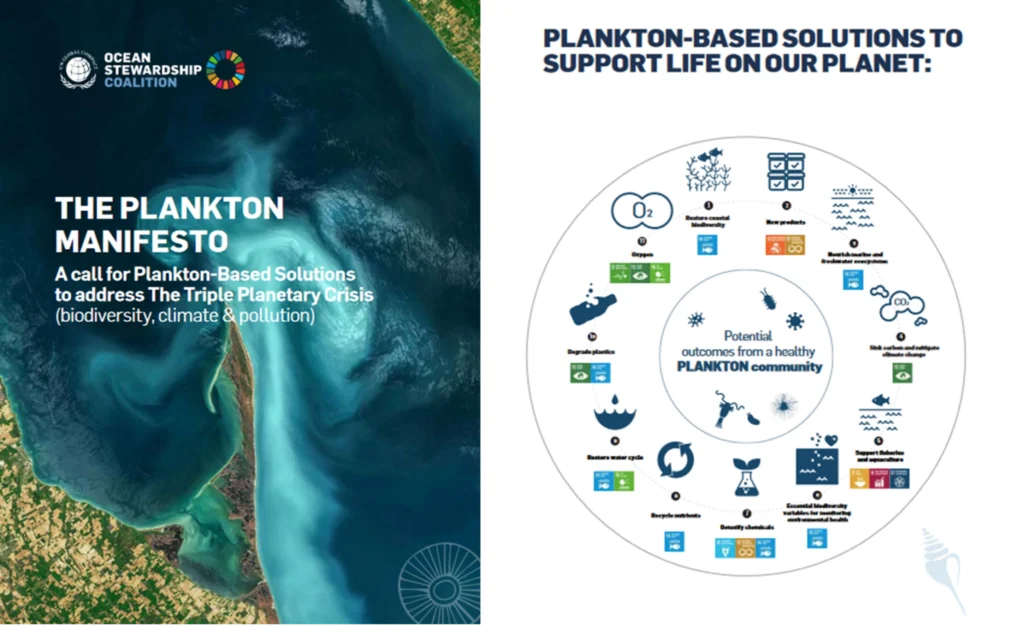
Paul Falkowski, Distinguished Professor in the departments of Marine and Coastal Sciences and Earth and Planetary Sciences, was one of the specialists from a core international academic team to present to the United Nations General Assembly to officially launch the Plankton Manifesto–a call for immediate global recognition and action to protect one of Earth’s most crucial life forms–plankton.
The Plankton Manifesto is a collaborative effort led by the Ocean Stewardship Coalition of the United Nations Global Compact.
A world recognized expert on primary productivity and the carbon cycle in Earth’s oceans, Falkowski said, “The report highlights the critical role of plankton and offers a series of strategic recommendations to guide global efforts in protecting it while harnessing its potential to address the interconnected crises of climate change, pollution, and biodiversity loss.”
Falkowski shared insights and a more comprehensive understanding of these fascinating organisms and human’s role in the Anthropocene to the UN General Assembly session. He emphasized that “we are the fragile species, not the plankton: the plankton will survive us. We must be careful about how we undergo our economic development, ensuring we do not completely cannibalize everything that has existed on this planet for hundreds of millions of years before us.”
Read the complete article at SEBS NJAES Newsroom.
Early-Career Scientist Fiorella Prada Awarded Rutgers Global Grant
Fiorella Prada, assistant professor in the Department of Marine and Coastal Sciences (DMCS), was awarded a two-year Rutgers Global Environmental Change Grant for the project, “Upwelling Systems: thermal refugia for reef-building corals in the Eastern Tropical Pacific.”
Corals of the eastern tropical Pacific live in a marginal and oceanographically dynamic environment. Along the Pacific coast of Costa Rica, stronger seasonal upwelling in the Gulf of Papagayo transitions to weaker upwelling towards the south of the Guanacaste province, resulting in complex regional oceanographic conditions that drive differential coral-reef growth.
“We aim to test the hypotheses that coral reefs exposed to colder and nutrient-rich upwelling waters in the Gulf of Papagayo may serve as a refuge for corals during severe thermal events linked to the ongoing El Niño phase,” she explains. Read the complete article at SEBS NJAES Newsroom.
Rutgers scientists identify substance that may have sparked life on earth
Caption: A computer rendering of the Nickelback peptide shows the backbone nitrogen atoms (blue) that bond two critical nickel atoms (orange). Scientists who have identified this part of a protein believe it may provide clues to detecting planets on the verge of producing life.
The research, published in Science Advances, has important implications in the search for extraterrestrial life because it gives researchers a new clue to look for, said Vikas Nanda, an ENIGMA team CoI and researcher at the Center for Advanced Biotechnology and Medicine (CABM) at Rutgers. Read the complete article at AAAS/EurekAlert.
Proceedings of the National Academy of Sciences (PNAS) “Profile of Paul G. Falkowski”. Read the complete article in PNAS.
Delighted to announce that our very own Nolan Fehon has been awarded the 2022 undergraduate Cook Community Leadership Award. During his time at Rutgers Nolan has made sustainability, climate change and environmental activism his passion and his mission. Nolan also regularly wrote a Climate column for the Daily Targum to share his experiences with Rutgers students and inspire others to pick up the mantle. Read more at SEBS Newsroom.
In the Falkowski Lab, Fehon is observing a dense culture of phytoplankton grown for his experiments.
Colloquium Report: Microbes and Climate Change – Science, People & Impacts
Paul Falkowski participated in the American Academy of Microbiology Virtual Colloquium held on November 5, 2021. The report was recently published April 22, 2022.
- Colloquium Report: Microbes and Climate Change – Science, People & Impacts (PDF)
“Corals Carefully Organize Proteins to Form Rock-Hard Skeletons” – Scientists’ findings suggest corals will withstand climate change. Read the complete article in Rutgers Today
“Scientists Discover Key Factors in How Some Algae Harness Solar Energy” – Rutgers-led research could help lead to more efficient and affordable algal biofuels. Read the complete article in Rutgers Today
“Rutgers Researchers Identify the Origins of Metabolism” – Scientists insert synthesized, primordial protein into living cells. Read the complete article on SEBS/NJAES Newsroom.
“Minimal hetereochiral de novo designed 4Fe-4S binding peptide capable of robust electron transfer” paper has been featured in: Forbes (link), Science Daily (link), Astrobiology Magazine (link)
“Life on Mars? Rutgers professor breaks down NASA’s most recent discovery”
A Martian dust storm is currently silencing NASA’s Opportunity rover. But NASA’s rovers have already found evidence on the Red Planet of ancient organic material, methane and a bacteria that can turn light into fuel and release oxygen. Could it one day help humans colonize Mars? That’s what an international team of scientists is suggesting. Rutgers scientist Professor Paul Falkowski shared some of his insights with Correspondent Leah Mishkin.
Distinguished Professor Paul Falkowski Awarded the Tyler Prize for Environmental Achievement
The 2018 Tyler Prize for Environmental Achievement – often described as the ‘Nobel Prize for the Environment’ – has been awarded to Paul Falkowski and James J. McCarthy, for their decades of leadership in understanding – and communicating – the impacts of climate change. Paul Falkowski, one of the world’s greatest pioneers in the `eld of biological oceanography, is a Rutgers distinguished professor in the departments of Earth and Planetary Sciences and Marine and Coastal Sciences and is the founding director of the Rutgers Energy Institute. James J. McCarthy is from the Department of Biological Oceanography at Harvard University. Read the complete article at SEBS/NJAES NEWSROOM, and learn more at RU EOAS, and TylerPrize.org.
“Legos of Life”
Rutgers scientists have found the “Legos of life” – four core chemical structures that can be stacked together to build the myriad proteins inside every organism – after smashing and dissecting nearly 10,000 proteins to understand their component parts.
The four building blocks make energy available for humans and all other living organisms, according to a study published online today in the Proceedings of the National Academy of Sciences.
The study’s findings could lead to applications of these stackable, organic building blocks for biomedical engineering and therapeutic proteins and the development of safer, more efficient industrial and energy catalysts – proteins and enzymes that, like tireless robots, can repeatedly carry out chemical reactions and transfer energy to perform tasks.
“Understanding these parts and how they are connected to each other within the existing proteins could help us understand how to design new catalysts that could potentially split water, fix nitrogen or do other things that are really important for society,” said Paul G. Falkowski, study co-author and a distinguished professor who leads the Environmental Biophysics and Molecular Ecology Program at Rutgers University–New Brunswick.
- Read more…
- PNAS Article on “Modular origins of biological electron transfer chains”
- NJTV News – Rutgers scientists discover ‘legos of life’
Goldschmidt 2017 Conference Plenary by Dr. Paul G. Falkowski:
“How Corals Make Rocks”
Science and New York Times article and video highlighting current research showing precipitation of calcium in corals even in low pH ocean waters:
